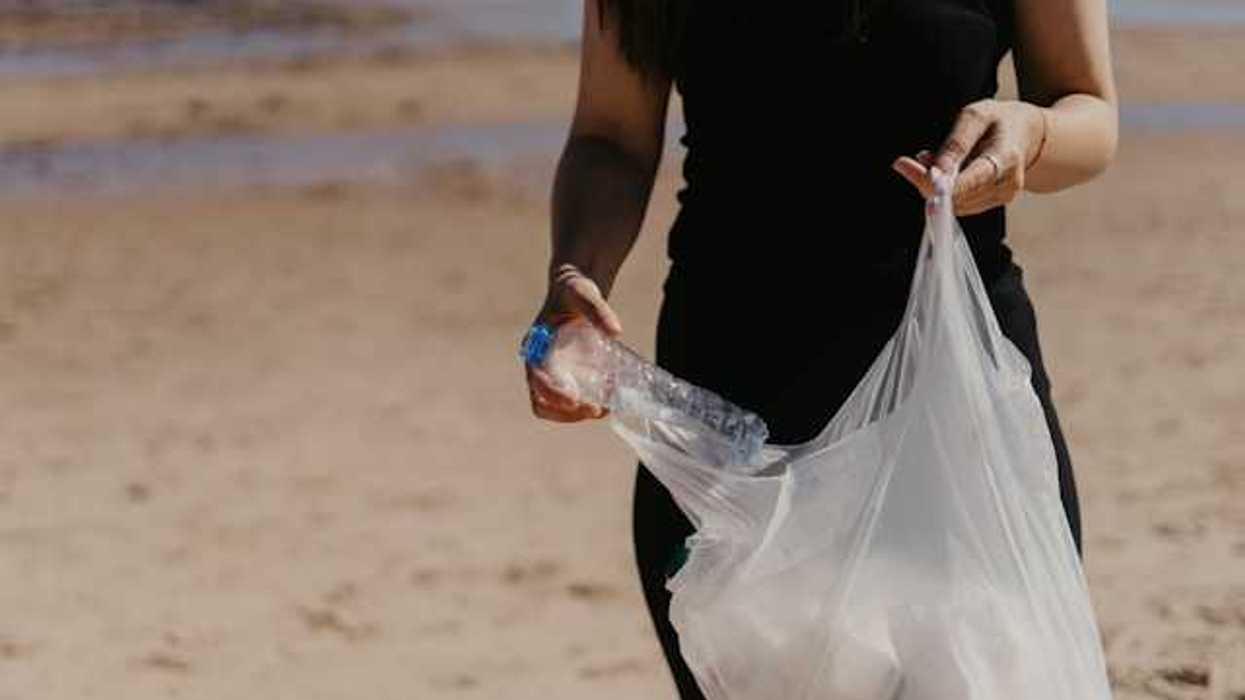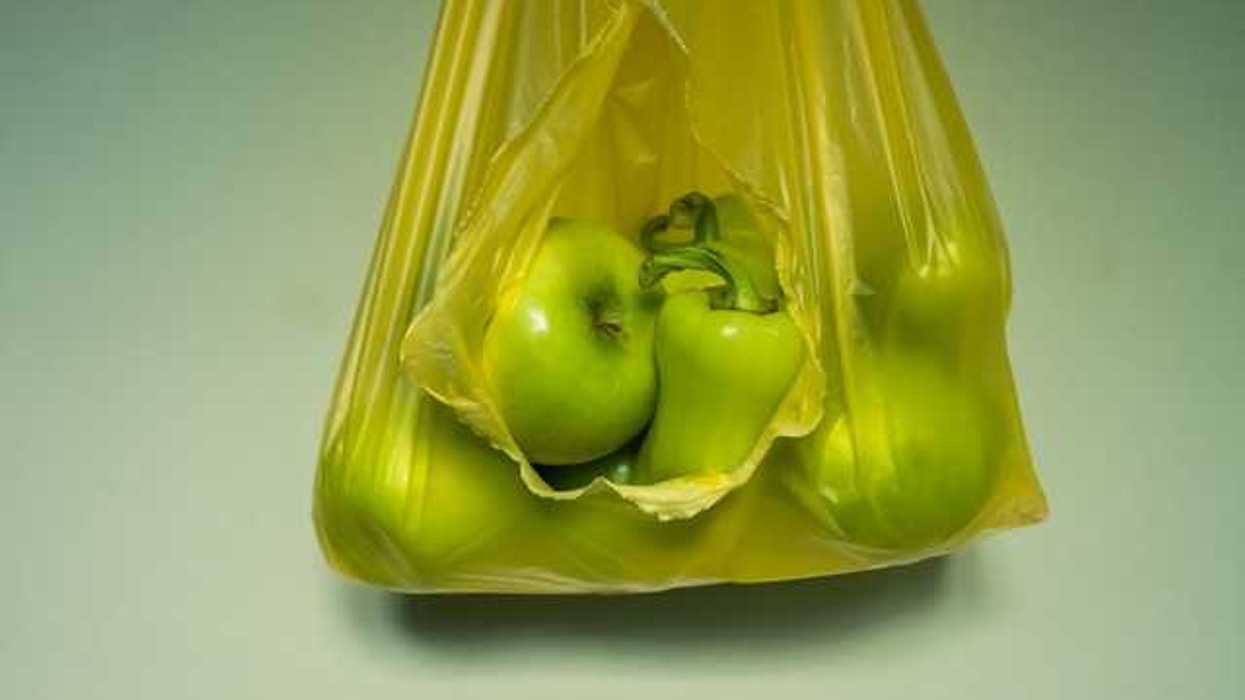A new report from Japan's Food Safety Commission proposes the first-ever daily intake limits for PFAS, chemicals linked to health risks, emphasizing safety in food consumption.
Tomoko Otake reports for The Japan Times.
In short:
- Japan's Food Safety Commission outlined a draft report on the "tolerable daily intake" (TDI) levels for PFAS, focusing on PFOA and PFOS, the most prevalent compounds.
- It suggests a daily limit of 20 nanograms of each compound per kilogram of body weight.
- The move aims to address growing health concerns linked to PFAS, including cancer and pregnancy issues.
Key quote:
“The intake of PFOS and PFOA through meals, including drinking water, in the normal diet of the average person in this country is not likely to result in significant health effects.”
— Food Safety Commission panel
Why this matters:
Due to their widespread use and environmental persistence, PFAS contamination is now a global issue, with detectable levels found in water supplies, soil, and air around the world. This widespread contamination means that PFAS can enter the food chain, accumulating in fish, animals, and plants, thereby making their way into human diets.
EHN coverage: Are you replenishing your electrolytes with a dose of PFAS?














